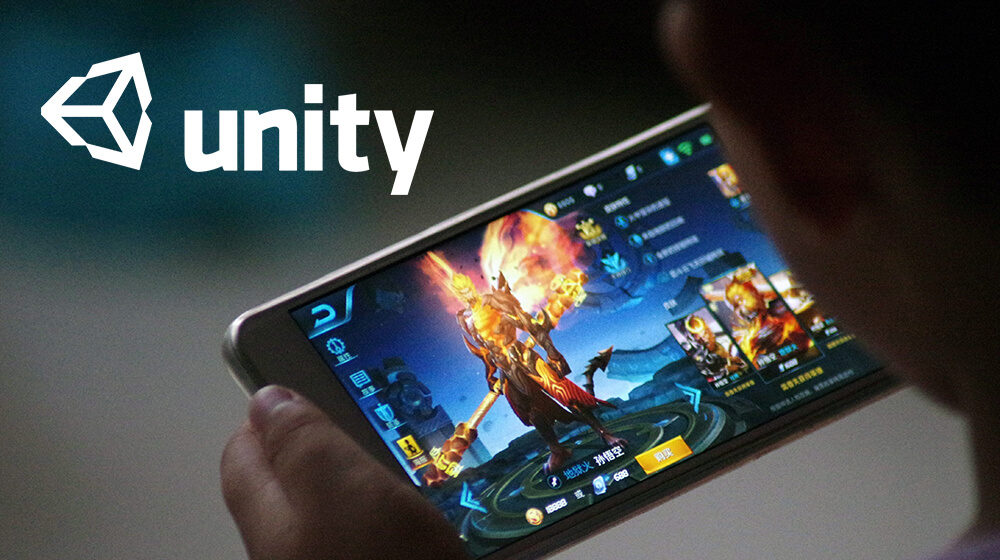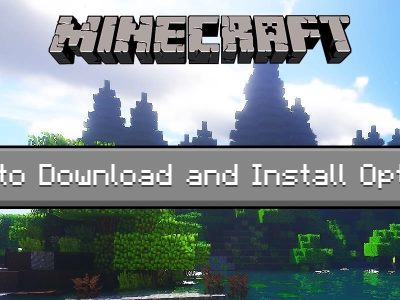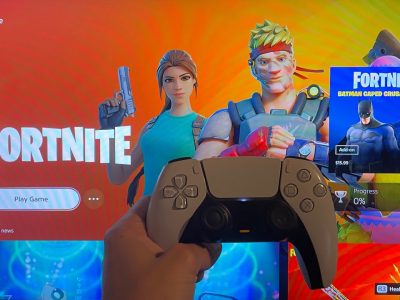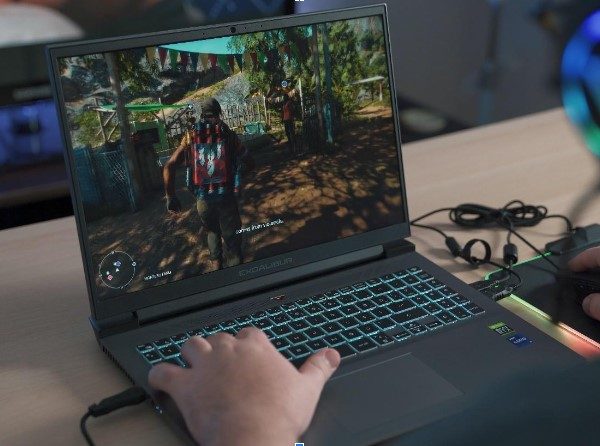Unity3D is a cross-platform game engine that is used to create 2D and 3D games for a variety of platforms, including mobile devices. It is a popular choice for mobile development because it offers a number of benefits, such as cross-platform development, rapid prototyping, powerful tools and features, a large and active community, and support for a wide range of devices.
In this article, we will discuss the benefits of using Unity3D for mobile development. We will also provide an overview of the Unity3D game development process and discuss some of the key considerations for creating successful mobile games.

Unity3D for mobile game development
If you are interested in creating mobile games UA, Unity3D is a great choice. There are a number of different ways to get started with Unity3D, and there is a large and active community of developers who can help you along the way.
It is a popular choice for mobile development because it offers a number of benefits, such as:
- Cross-platform development: Unity3D can be used to create games that can be run on a variety of platforms, including Android, iOS, Windows, macOS, and Linux. This means that you can create a single game and then deploy it to multiple platforms, saving you time and money.
- Rapid prototyping: Unity3D makes it easy to create rapid prototypes of your games. This means that you can quickly iterate on your ideas and see how they play out in the real world. This can help you to save time and money in the long run.
- Powerful tools and features: Unity3D includes a wide range of powerful tools and features that can help you to create high-quality games. These tools include a physics engine, a lighting engine, and a particle system.
- Large and active community: Unity3D has a large and active community of developers who can help you with your projects. This community can provide you with support, advice, and tutorials.
- Support for a wide range of devices: Unity3D supports a wide range of devices, including smartphones, tablets, and even VR headsets. This means that you can create games that can be enjoyed by a wide audience.
Features of Unity3D for mobile development
In addition to the benefits listed above, Unity3D also offers a number of features that are specifically designed for mobile development. These features include:
- A lightweight engine: Unity3D is a lightweight engine, which means that it can run on a variety of mobile devices, even those with limited resources.
- A built-in physics engine: Unity3D includes a built-in physics engine, which can help you to create realistic and engaging physics simulations.
- A powerful lighting engine: Unity3D includes a powerful lighting engine, which can help you to create stunning visuals.
- A particle system: Unity3D includes a particle system, which can be used to create realistic and eye-catching effects.
- A wide range of pre-made assets: Unity3D has a wide range of pre-made assets that you can use in your games. This can save you time and money, and it can help you to create high-quality games more quickly.
Getting started with Unity3D for mobile development
If you are interested in getting started with Unity3D for mobile development, there are a few things you need to do:
- Install Unity3D: The first step is to install Unity3D. You can download Unity3D from the Unity website.
- Create a new project: Once you have installed Unity3D, you need to create a new project. You can do this by clicking on the “New” button in the Unity editor.
- Choose a template: When you create a new project, you need to choose a template. The “Mobile” template is a good choice for creating games for mobile devices.
- Add your assets: Once you have chosen a template, you need to add your assets to the project. Assets can include models, textures, scripts, and sounds.
- Build your game: Once you have added your assets, you need to build your game. You can do this by clicking on the “Build” button in the Unity editor.
Advanced topics in Unity3D for mobile development
Once you have mastered the basics of Unity3D for mobile development, you can start to explore some of the more advanced topics. These topics include:
- Performance optimization: Mobile devices have limited resources, so it is important to optimize your games for performance. There are a number of ways to do this, such as using a lightweight engine, reducing the number of objects in your scene, and using efficient shaders.
- Monetization: If you want to make money from your games, you need to implement a monetization strategy. There are a number of different ways to monetize your games, such as in-app purchases, advertising, and subscription models.
- Marketing and distribution: Once you have created your game, you need to market and distribute it. There are a number of different ways to do this, such as submitting your game to the App Store and Google Play, creating a website for your game, and promoting your game on social media.
The bottom line
In conclusion, Unity3D is a powerful game engine that can be used to create high-quality games for mobile devices. It offers a number of benefits, such as cross-platform development, rapid prototyping, powerful tools and features, a large and active community, and support for a wide range of devices. If you are interested in creating mobile games, Unity3D is a great choice.











